Everyday life can feel like a blur sometimes. You make dinner, load the dishwasher, clean up the kitchen, and maybe throw a load in the washing machine. It’s easy to fall into routines where you’re on autopilot, doing what needs to be done without really thinking about the long-term effects. One habit that often slips under the radar is what we pour down our drains. It might seem harmless to rinse a little oil or toss leftover coffee grounds into the sink, but these small actions can lead to big plumbing problems later on.
The good news? You can protect your pipes and avoid stress by knowing the things you should never pour down the drain. Here’s a helpful breakdown of what to avoid.
1. Cooking Oil and Grease
Pouring a bit of leftover grease or oil down the drain after cooking might seem harmless. After all, it looks like a liquid, right? But once it cools, grease solidifies and sticks to the inside of your pipes. Over time, this creates thick layers that trap other food particles and lead to serious clogs.
Bacon fat, butter, margarine, and salad dressing are all examples of items you should never pour down the drain. Instead, let the grease cool in a container, then toss it in the trash once it hardens.
2. Coffee Grounds and Eggshells
Starting your day with a cup of coffee? Be careful where those grounds go. Coffee grounds might seem small and innocent, but they clump together in drains and trap other debris.
Eggshells are just as sneaky. Their gritty texture and sharp edges can scratch pipes and contribute to build-up. Both are top examples of what cannot be poured down the drain. Toss coffee grounds and eggshells into the compost or trash instead. It's better for your plumbing and your garden.
3. Medication and Chemicals
Pouring leftover medication or harsh cleaning products down the sink or toilet is a bad idea. These substances can pollute our lakes, rivers, and groundwater, harming fish and disrupting the local ecosystem. That includes prescription pills, bleach, ammonia, vinegar, paint, and even chemical drain cleaners.
These are all items you should never pour down the drain. Instead, take medications to a pharmacy disposal bin and check with your local hazardous waste site for where to bring the rest. Using natural cleaning alternatives is also a safer option for both your pipes and the environment.
4. Feminine Hygiene Products and Diapers
It’s tempting to flush things for convenience, especially when they’re labeled as “flushable.” But products like tampons, pads, diapers, and wipes don’t break down in water. Instead, they swell and cause major blockages in your pipes and the sanitary sewer system.
These are things you should never pour down the drain or flush down the toilet. Keep a small trash bin in the bathroom for these items to avoid costly repairs and backups.
5. Pasta, Rice, and Starchy Foods
Cooking pasta and rice is common in many households, but the leftover starch and water are troublemakers for drains. These foods absorb water and expand, even after they’ve been cooked. When rinsed down the sink, they continue to swell, cling to pipe walls, and contribute to clogs.
Pasta, rice, flour, and potatoes are all foods that belong in the trash or compost. Keep these starchy leftovers far from your sink to protect your pipes.
6. Paint, Solvents, and Motor Oil
Finishing a weekend project or cleaning the garage might leave you with leftover paint, solvents, or motor oil. These liquids should never be dumped down the drain. They contain harmful chemicals that damage pipes and contaminate water sources. This is especially important for homes with older plumbing or near-sensitive environments.
Paint, adhesives, petroleum-based products, and motor fluids should be brought to a proper waste disposal site. It might take an extra step, but it helps keep the water supply safe and clean.
7. Bones and Hard Scraps
Some food waste is just too tough for your garbage disposal. Bones, fruit pits, celery, onion skins, and shellfish shells are too hard or fibrous for disposal blades. These items can jam the mechanism, damage the motor, or create serious blockages further down the pipes.
These are classic examples of what cannot be poured down the drain. Instead of relying on the disposal, scrape these scraps into the trash or compost them if they’re biodegradable.
What to Do if You Have a Clog
Sometimes, even with the best habits, things get backed up. If your sink or shower is draining slowly or your laundry area has standing water, it might be time to act. You can try natural methods like vinegar and baking soda or use a plunger to loosen up the clog.
However, if the issue continues, it’s probably time to bring in professionals. G.F. Bowman offers expert drain cleaning in Harrisburg, PA, and the surrounding areas. Our experts know how to take care of blockages quickly and safely.
The Bottom Line
Many homeowners don’t realize how easy it is to damage their plumbing just by rinsing or flushing the wrong items. The most common things you should never pour down the drain include grease, coffee grounds, starchy foods, hygiene products, and harsh chemicals. These materials can clog pipes, harm water systems, and lead to costly repairs.
Understanding what cannot be poured down the drain is key to protecting both your home and the environment. And when it comes to flushing, remember this simple rule: the only thing that should go down your toilet — besides human waste — is toilet paper.
Have a Clogged Drain in Harrisburg, PA? Call G.F. Bowman!
Don’t wait until the damage is done. If you’ve noticed slow drains, odd smells, or water backing up in your sinks or tubs, turn to G.F. Bowman. Our skilled team of plumbers in Harrisburg, PA, is ready to help with reliable service and real solutions. Call us today to schedule a service!



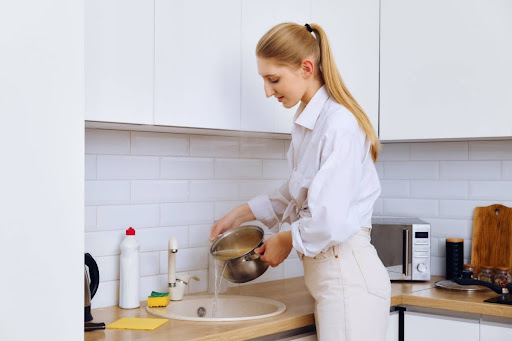
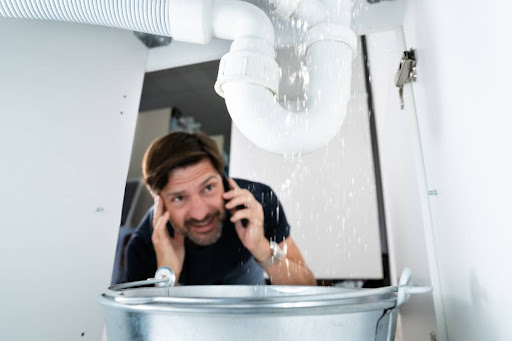
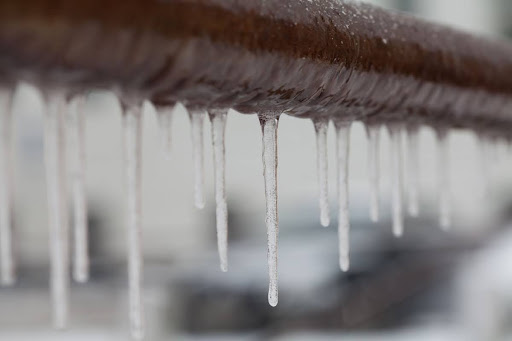
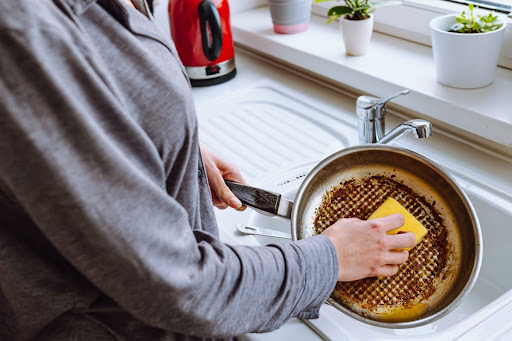
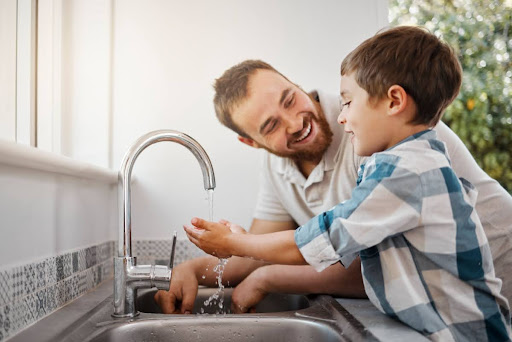
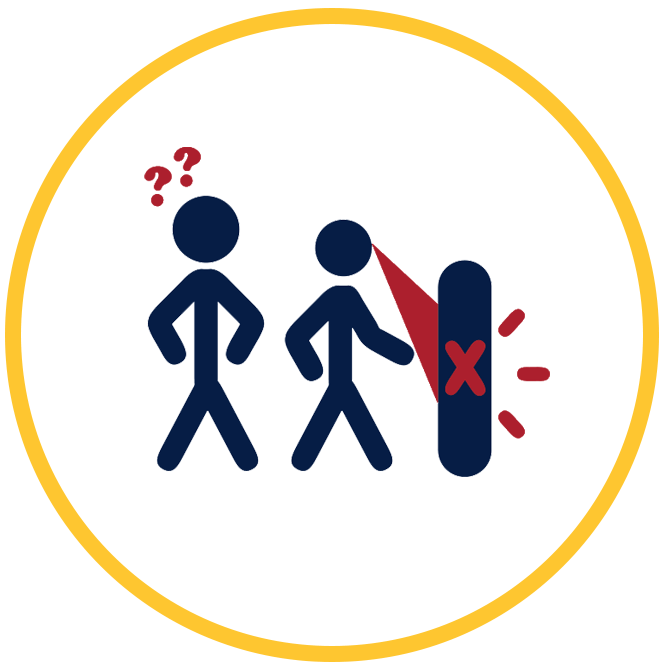 1..
1..
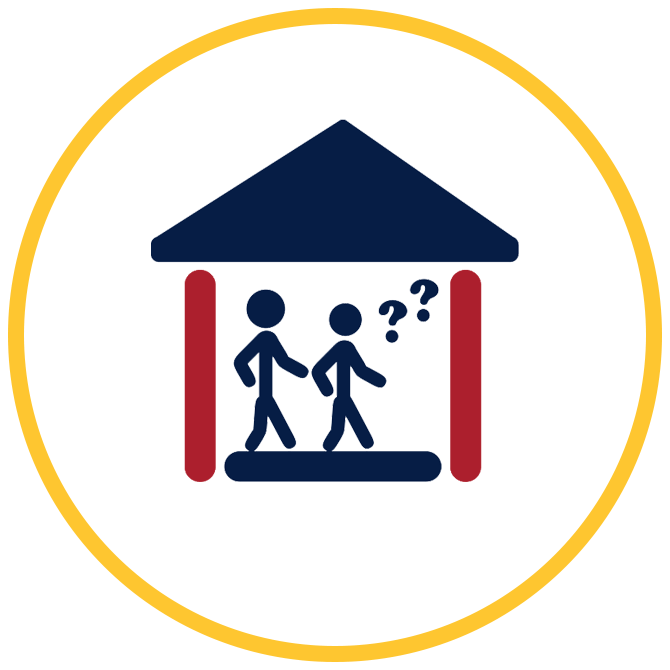 2..
2..
 3..
3..
 4..
4..
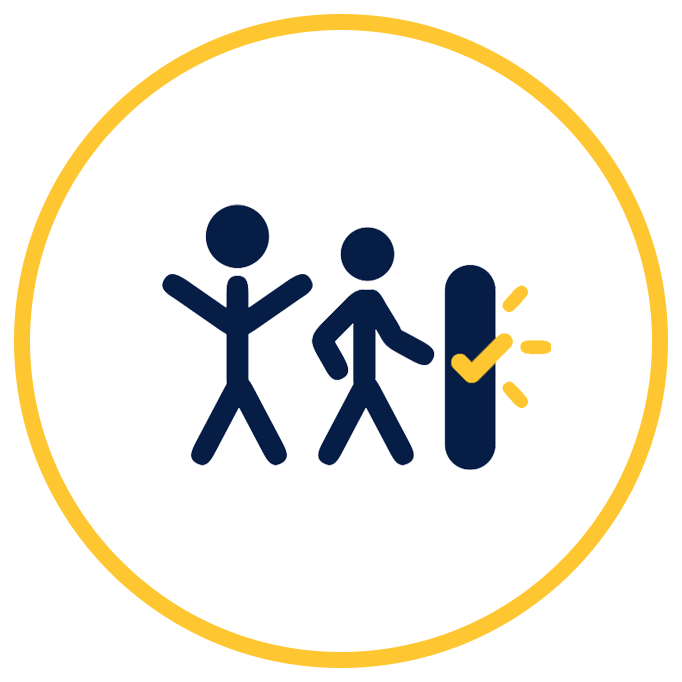 5..
5..
 6..
6..